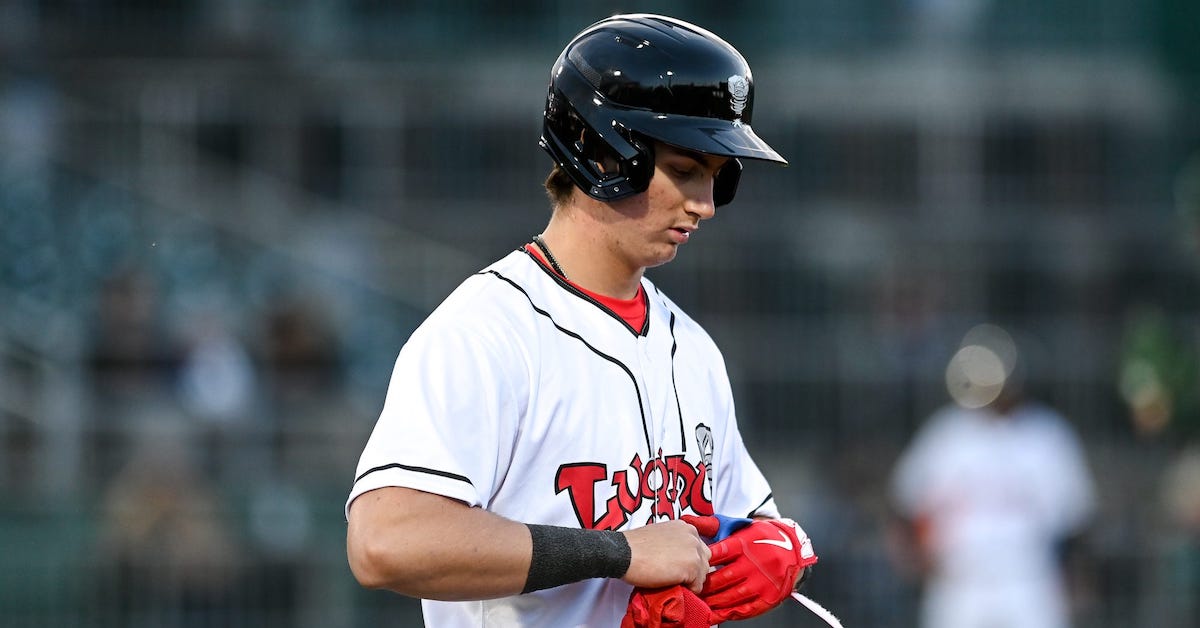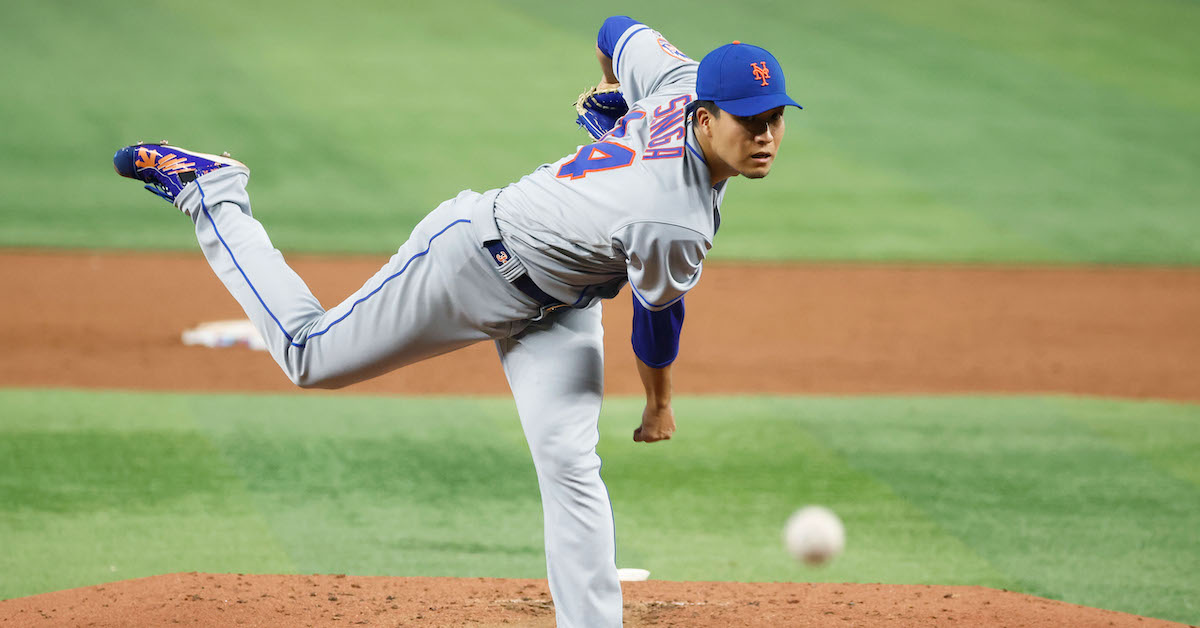Red Sox Lose Red-Hot Adam Duvall to a Broken Wrist

No hitter in the majors has gotten off to a hotter start this season than Adam Duvall, who joined the Red Sox this past winter via free agency and is currently carrying a slugging percentage above 1.000. Unfortunately, the 34-year-old center fielder won’t be available to star in Small Sample Theater for awhile because on Sunday while diving for a ball, he fractured his left wrist.
Duvall injured himself attempting to catch a bloop off the bat of the Tigers’ Spencer Torkelson in the ninth inning of Sunday’s game. Charging in from center field, he slid and appeared to make the grab, but his glove hand hit the grass awkwardly as he rolled over, and the ball squirted loose. Torkelson was credited with a single, while Duvall came up clutching his wrist, the same one that he sprained last July 23 while playing for the Braves. That time, he jammed his wrist against the wall in pursuit of a Shohei Ohtani fly ball and needed season-ending surgery to repair a torn tendon sheath.
This time, Duvall was diagnosed with a distal radius fracture in his left wrist. Such injuries generally mean a loss of six to eight weeks, but the Red Sox haven’t announced a timeline. Duvall underwent additional testing to determine if he would need surgery to set the fracture or repair tissue damage, but manager Alex Cora told reporters after Monday’s loss to the Rays that he’ll avoid that. Read the rest of this entry »








